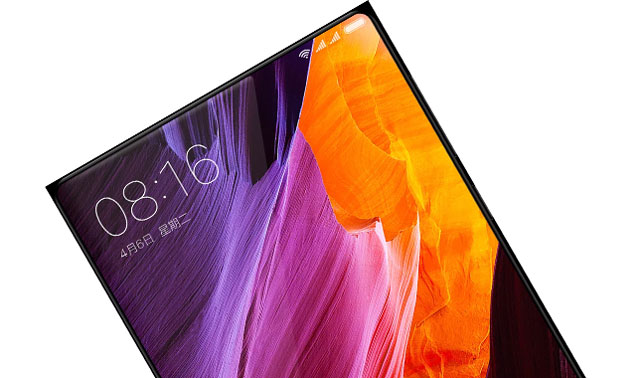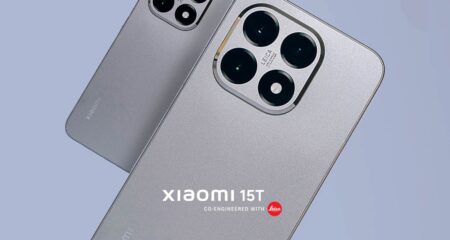
Xiaomi, one of China’s most valuable technology start-ups, is shooting for more than 100bn yuan (R190bn) of revenue in 2017, even as it pledged to slow its pace of business expansion and overhaul an online-focused retail strategy.
CEO Lei Jun laid out his goals for the year, which include quadrupling its store network to 200 outlets, expanding globally and deepening research into artificial intelligence and online finance.
In a memo posted on his WeChat account, the billionaire entrepreneur admitted his company had tried to grow too rapidly in past years.
Xiaomi was last valued at US$45bn in 2014, making it one of the world’s largest start-ups. It drew comparisons to Apple after doubling revenue that year and climbing to the top of the Chinese smartphone market. But it’s since struggled, missing its 2015 shipments target and falling behind local rivals Oppo and Huawei. Lei had set a target of 100bn yuan in sales as far back as 2015, but the closely held company hasn’t disclosed revenue since.
Xiaomi had won praise for an online-only sales model that fostered Internet communities and reduced cost, but local rivals quickly copied that model. Now it’s rethinking that approach and plans to build on a network of about 54 outlets around the country, Lei said.
“The worst is over,” Lei said in the memo. “While creating a growth miracle in the modern history of business, we missed out on potential growth areas as well. That’s why we must slow our pace, and seriously learn from our mistakes.”
Lei didn’t offer specifics as to what may be decelerated.
Xiaomi secured $1,1bn in 2014 from investors including GIC, All-Stars Investment and DST. The company is now counting on India to provide the next leg of growth: sales there surpassed $1bn in 2016.
Apart from phones, the company also sells other types of electronic gadgets and appliances, from air purifiers to robot vacuums, made by what it calls its ecosystem partners. Sales through such manufacturing and branding partners exceeded 15bn yuan in 2016, Lei said.
“Xiaomi is a company with great ambition. We won’t settle for being just an e-commerce smartphone maker,” he said. “The e-commerce-only strategy has become insufficient because online sales only take up 10% of total retail sales, after all.” — (c) 2017 Bloomberg LP




